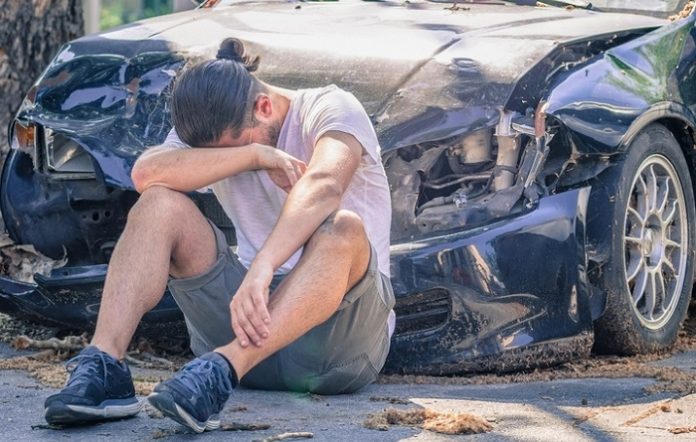Being involved in an accident, whether as a driver or passenger, can be an incredibly traumatic experience. It is important to look after your mental health following such an ordeal.
Unfortunately, many car accident victims only focus on the physical aspects of their recovery and may neglect the psychological repercussions of their trauma.
This article discusses how you can take care of your mental health after a car accident. Read on to learn more.
Acknowledge Your Feelings
The feelings that arise following an accident can be overwhelming and quite intense. It is important to acknowledge those feelings rather than suppress them.
Don’t be afraid to talk about them with someone you trust or a mental health professional.
Also read: 6 Ways Mental Health and Addiction Influence Each Other
Remember that the first step to a successful recovery is recognizing and talking about how you feel.
The negative feelings you experience, such as fear and guilt, may be unpleasant, but they are normal reactions to a traumatic event.
Get Support
It is essential for car accident victims to have support from family and friends, or even a professional counselor.
Having someone who can listen and provide emotional comfort can be incredibly helpful in getting through the trauma of an accident.
Your support network should consist of people you trust and understand the situation. You can even join a support group with other individuals who have gone through similar experiences.
Take Time to Rest and Recover
Your body and mind need time to recover after an accident. Give yourself permission to rest and take the time you need for recovery. Try not to rush back into life before you are ready.
Also read: 8 Ways to Prevent Car Accidents
It may also be helpful to do activities that bring you joy and relaxation.
For example, spending time outdoors or participating in a hobby can help you destress and take your mind off the trauma of the accident.
Get Plenty of Sleep
Getting enough sleep is essential for both physical and mental well-being. It helps the body and mind to recover, heal, and rest, which is especially important if you have recently experienced an injury or trauma.
Without sufficient sleep, you may find yourself feeling stressed, anxious, or depressed.
Not having enough rest can have far-reaching consequences. It can lead to difficulty concentrating or focusing, mood swings, and impaired judgment.
Additionally, it can make you more prone to physical illnesses such as hypertension, diabetes, and obesity.
Therefore, be sure to get plenty of sleep to maintain both physical and mental well-being. Try creating a bedtime routine that works for you, so you can ensure that you are getting all the sleep you need.
This could include turning off your phone or laptop, dimming the lights and reading a book, or meditating before lying down to rest.
Eat Well
Can what you eat affect your mental health? The simple answer is yes. Eating a well-balanced and nutritious diet can help to boost your mood and energy levels.
It is important to keep in mind that the food you eat can have an impact on both physical and mental health, so it is important to ensure you are getting enough of the right nutrients. Aim for various fruits and vegetables, lean proteins, and whole grains.
Avoid processed or sugary foods, as these can lead to a rise in blood sugar levels and make you more prone to feeling anxious or overwhelmed.
Practice Self-Care
In addition to seeking out external sources of comfort, it is also important to take the time to practice self-care. Take some “me” time to do activities that bring you joy and relaxation.
Try to engage in some form of physical activity, whether a light walk or yoga – this can help reduce stress levels and improve your overall well-being.
You should also practice mindfulness techniques such as deep breathing and meditation, which can be incredibly calming and centering.
See a Therapist
Even if you don’t experience symptoms of post-traumatic stress disorder after a car accident, it is still important to talk to a professional about how you feel.
It is not unusual for traumatic events such as an auto accident to trigger feelings of anxiety and depression which can be difficult to handle alone. A therapist can help you process your emotions and provide support during recovery.
Moreover, it is important to seek professional help if you experience symptoms of PTSD, such as nightmares, flashbacks, or extreme fear and anxiety.
A therapist can work with you to develop strategies for managing your symptoms and improving your overall well-being.
Summary
Coping with the trauma of a car accident can be difficult, but there are things you can do to help yourself.
Taking time to rest, eating well, and practicing self-care are all essential for helping your body and mind recover. If symptoms of PTSD occur, it is important to seek professional help from a therapist.
Allowing yourself time to heal and supporting yourself physically and mentally can help make recovery easier.







